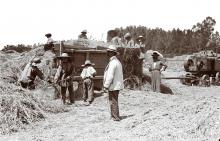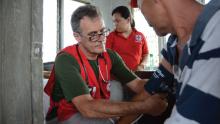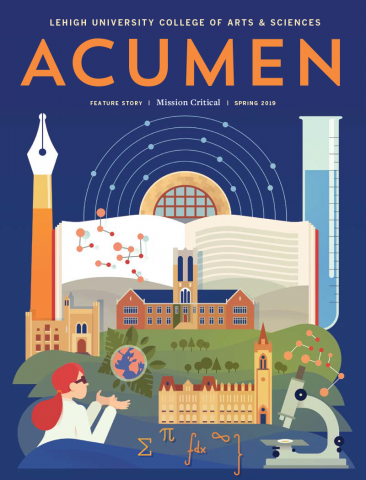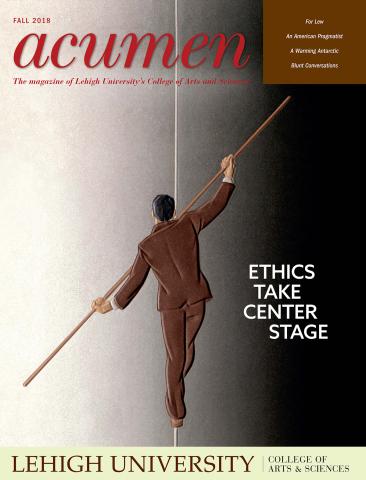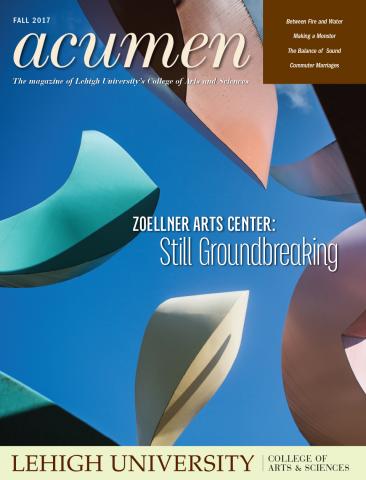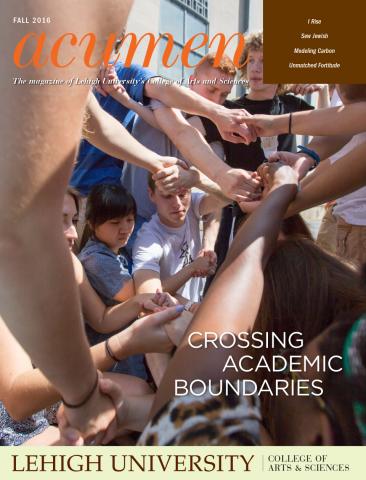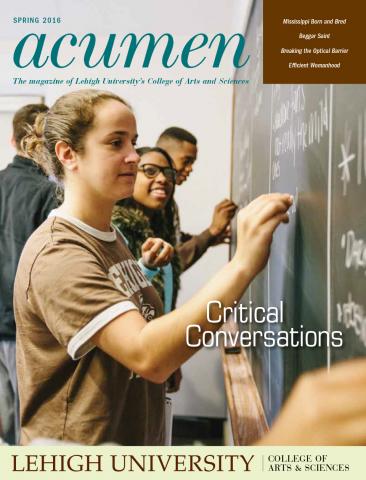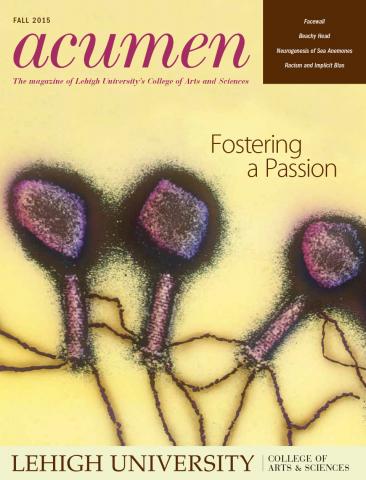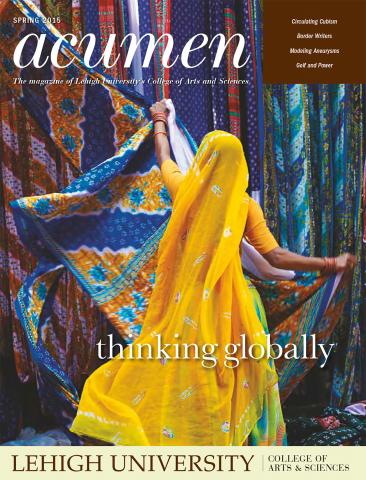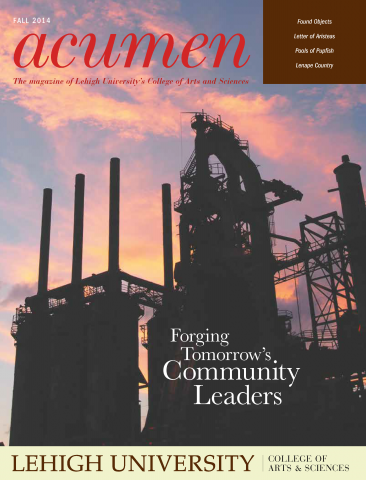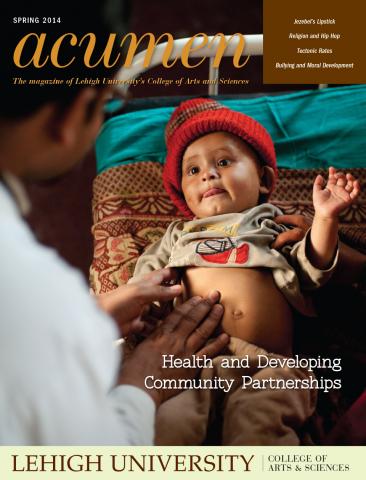
Short-term volunteer service trips across national borders are increasingly popular in Europe and in the United States. Hundreds of thousands of people travel annually from wealthier to poorer countries, most often for one to two weeks, to participate in programs intended to improve the health and well-being of citizens in underserved communities. Whether such volunteer efforts actually contribute to improvements for these communities, or whether there might be costs that diminish or even outweigh the expected benefits, is the focus of research by sociologist Judith Lasker. Her findings will appear in a new book to be published by Cornell University Press.
“There is no easy yes or no answer to whether such programs help, because there are many different kinds of programs and hardly any of them have been evaluated in a systematic way,” says Lasker, NEH Distinguished Professor in the department of sociology and anthropology.
Despite the interest in volunteer health service trips, Lasker says there is little evidence demonstrating their impacts, both positive and negative, on host communities or even on the volunteers themselves. Most people assume that poor people are benefiting from the goodwill and efforts of the volunteers and that the volunteers are gaining skills and cultural understandings that will benefit them and the world in the future. With such an enormous human and economic investment in health service trips, gaining a better understanding of this ‘industry’ and its advantages and disadvantages is crucial.
From her research, Lasker identified nine core principles that, if adopted, are more likely to make such activities effective. These include continuity, mutuality, community-based participatory research, improved preparation of volunteers, and emphasis on prevention and integration of services.
She found that sponsoring organizations usually have other goals in addition to promoting health in poor countries, and these other goals may conflict with creating the greatest benefit for host communities.
Lasker’s work provides a new understanding of the scope and nature of the volunteer industry—where volunteers go, for how long, at what cost, and what they do; the benefits and costs to the ‘recipients’ of service, the ways in which they could be evaluated specifically with regard to their value for host communities, and the characteristics of the best programs in terms of benefits for both communities and volunteers.











